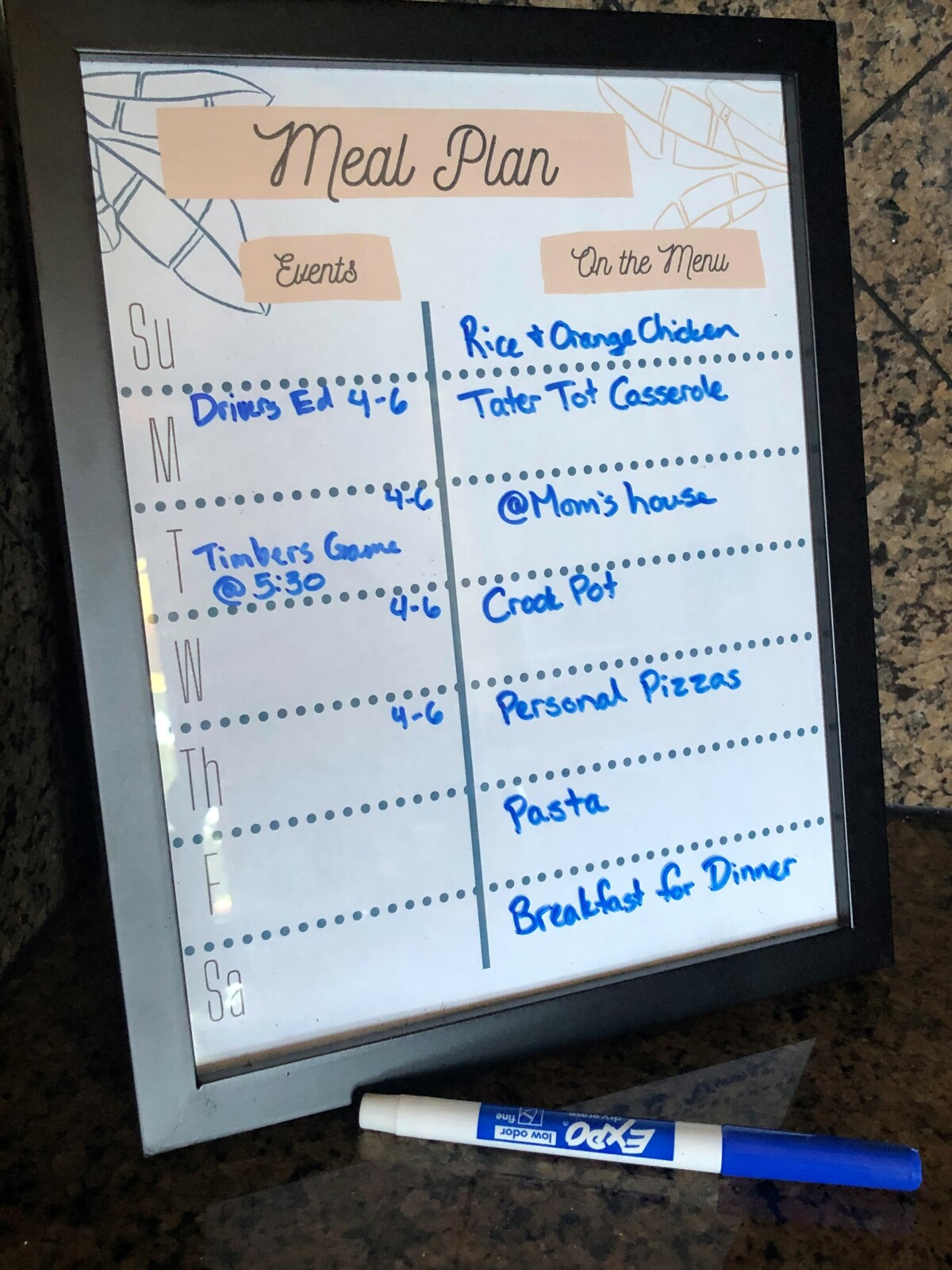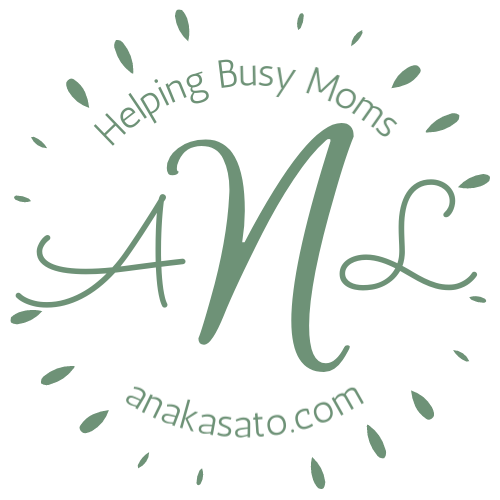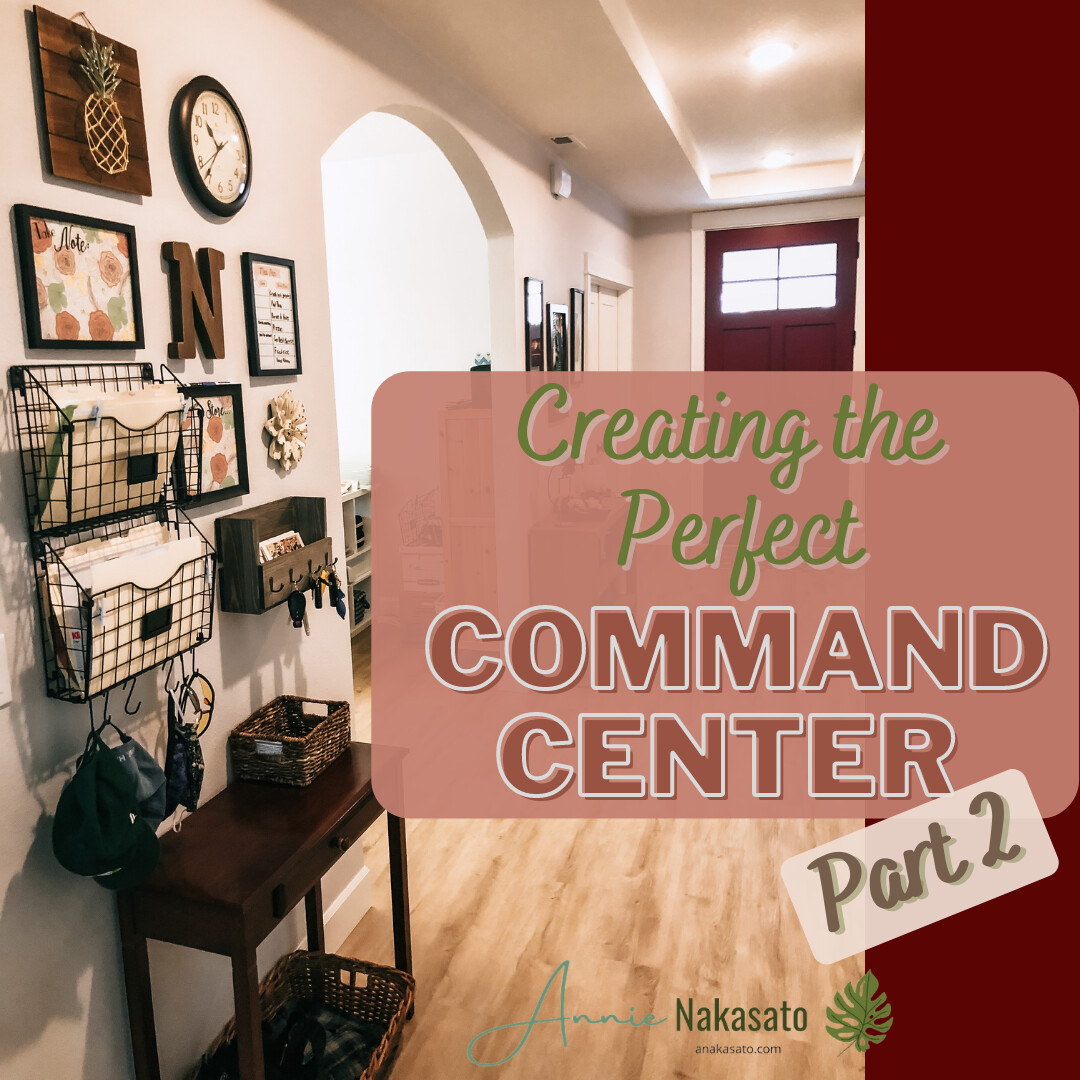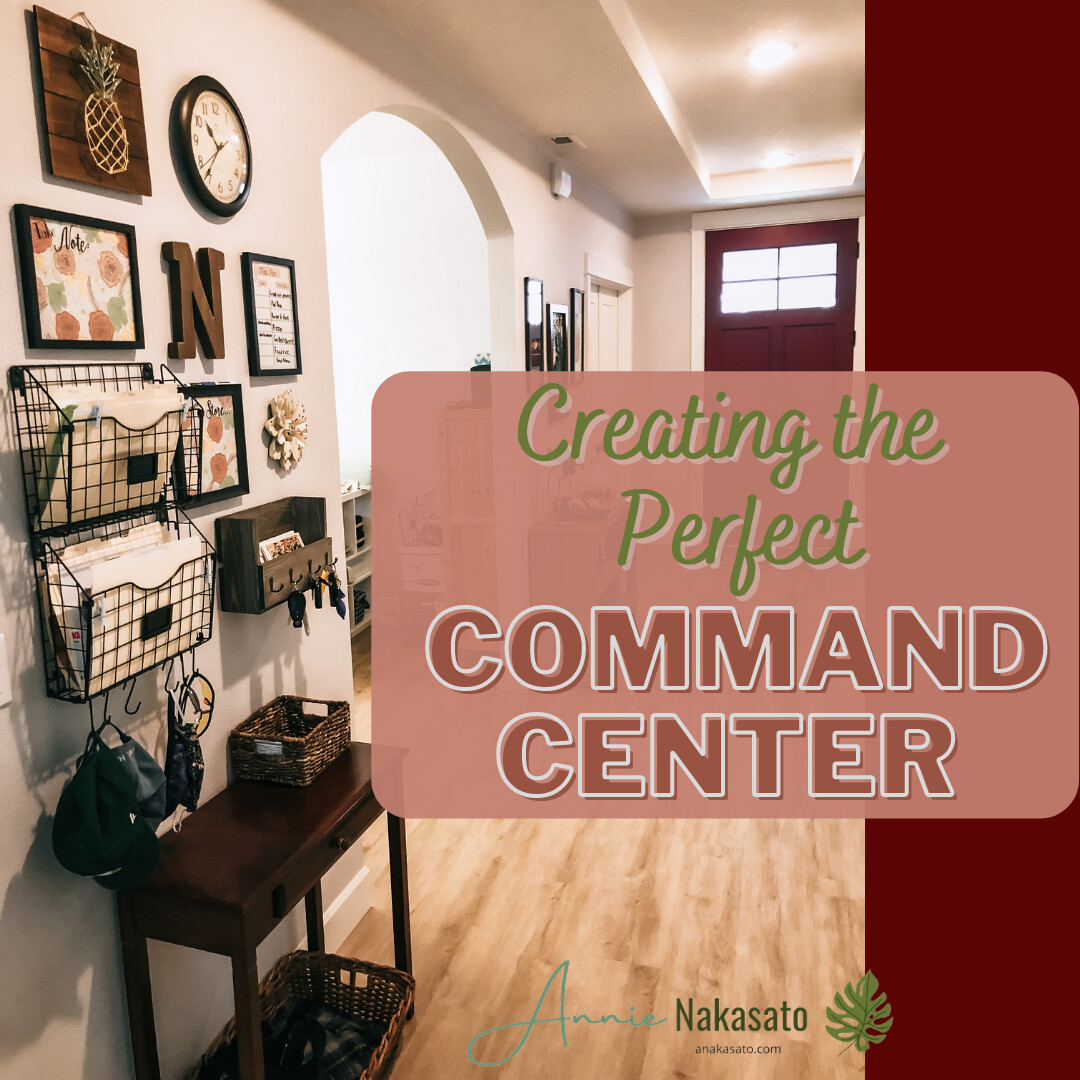
Becoming a mom was a lifelong dream for me. Every time I dreamed about my life as an adult, it included children. I totally had no idea what I was in for, but I was excited to be on that journey. When I became a mom, we had dial up internet service, so most of what I needed to know I was finding in books or from trusted women in my life, like my mom. One of the best nuggets of mom wisdom I ever received was
Don’t ask a question if you already know the answer.
This sounds simple, but it is way harder than you may think. Let me set the stage for you... I walk into the kitchen before dinner to see cookie crumbs all over the counter and a smear of chocolate on my child’s face. Many would ask, “Did you take a cookie without asking?” Sounds reasonable at first glance, but here’s the problem. You already know the answer. By asking the question this way, you are setting up your little darling to lie to you. I am not looking to make my child a liar when they are already a thief. That adds to their list of offenses when they are likely just testing limits. Do I really want to know if they took a cookie? Nope. I am just upset that they did.
Here’s a better response. “I see someone took a cookie from the cookie jar.” (I could name them but that opens up a defensive stance that doesn’t serve my purpose here.) “Will you help me clean up the counter?” At this point, the child is offered an opportunity to clean up after themselves. They know they were guilty and they will likely offer an apology which I can accept and express my disappointment at their choice. I likely would follow up with dessert for dinner that is the cookies that were already consumed by my little cherub who would then have to go without. I know each child is different, but this worked for me, most of the time.
Another example is when I hear my daughters arguing and calling each other names. I don’t need to ask what they said. I already know that. I may come in and reflect that they seem frustrated with each other. We may brainstorm other word choices they could use that would be more productive. Getting “in trouble” is not the goal here. The goal is to train them up with positive values that will serve them well in life.
This was advice I used in the classroom as well. A great example of this is when monitoring the playground, I may see a child throw a rock which is against the safety rules. Inevitably, there would be a scurry of children running my direction to alert me to the situation. Of course, I already saw what happened.
Many teachers would ask, “did you throw a rock?” even when they clearly saw what happened. I think the intent is to elicit a confession from the offending child. But, I don’t see that as a helpful strategy. The child is more likely to lie to avoid trouble, which just makes things worse.
With my approach, I turn to the offender and state, “I saw you threw a rock. Can you tell me what was happening?” This does a couple of things. First, it allows the offender to be honest about the situation. It also gives them a chance to explain what was going on prior to what I saw. Then I can check to see if they understand the rule against rock throwing and it’s purpose. Again, my goal is not to get children “in trouble,” but rather to help give them tools and strategies to use in the future.
When dealing with teens, you may not actually want to hear ALL the details of what they talk about or do with their friends. Now, I'm not saying to distance yourself from the teens in your life. Just choose carefully what questions you are prepared to hear the answers for. This is different for everyone. Parenting teens is a whole blog post or series in and of itself.
Before asking a question, ask yourself, "do I really want an answer to that question?"
By changing your approach, you may find that children are much more open to discuss what happened, rather than become defensive and secretive. Parenting is all about training them up with strong characters. I don’t actually want to catch any child in a lie. I want them to have an opportunity to be honest with me. That starts with me being forthcoming on what I know already. Then we can move forward with purpose together.
Want to subscribe to my blog so you don't miss a thing? Click here and I'll shoot you an email whenever a new blog post lands.













0 Comments